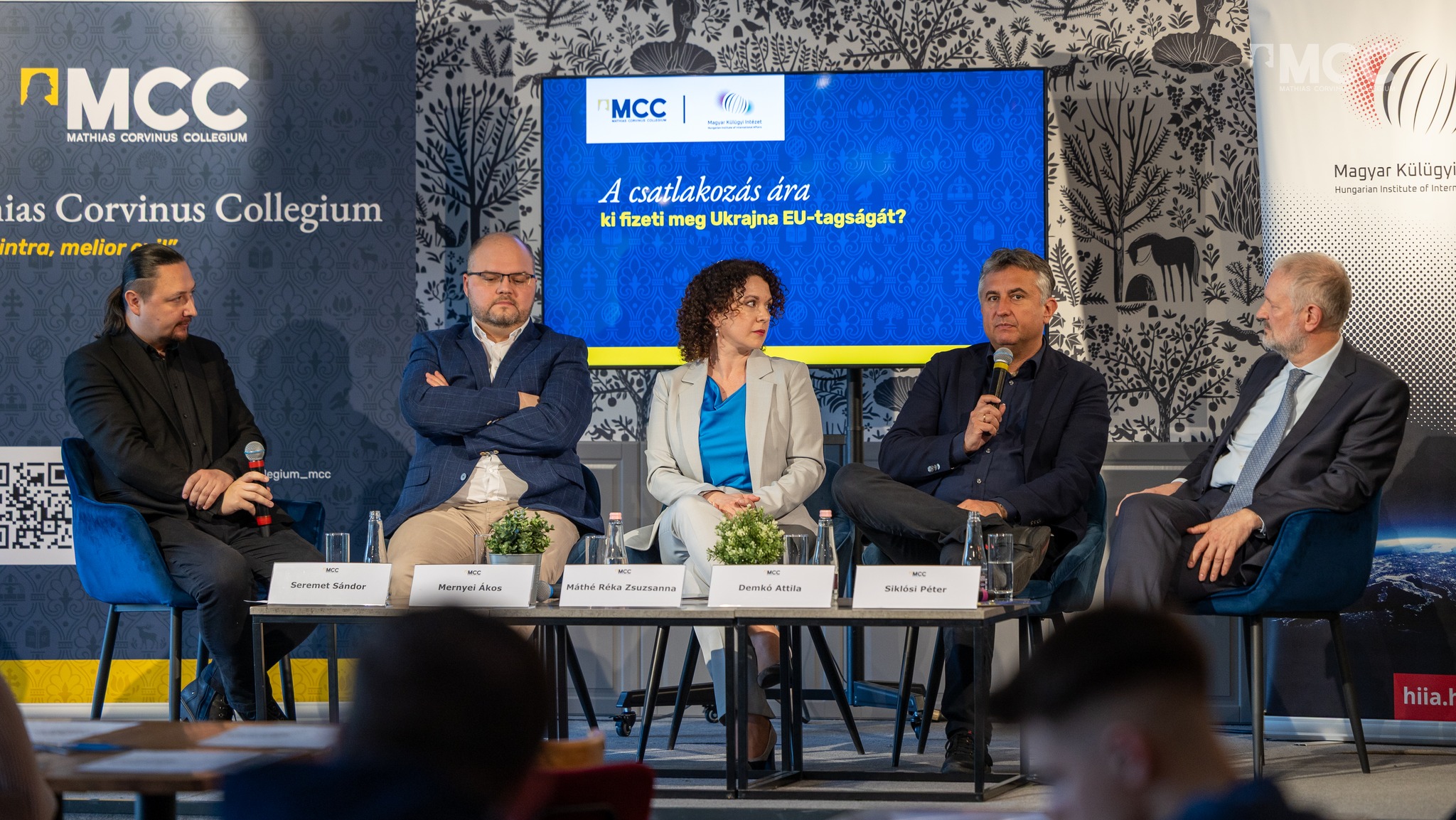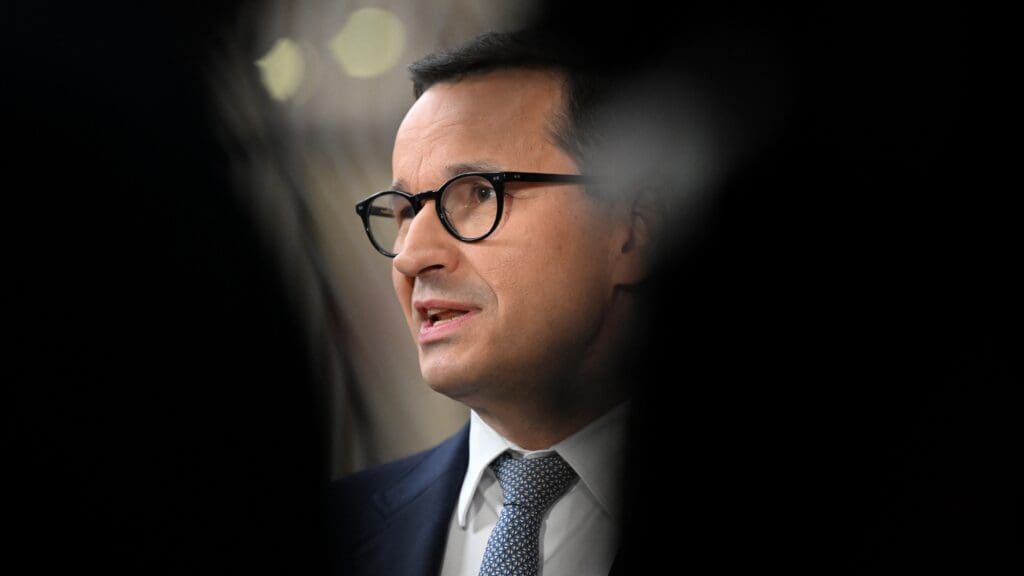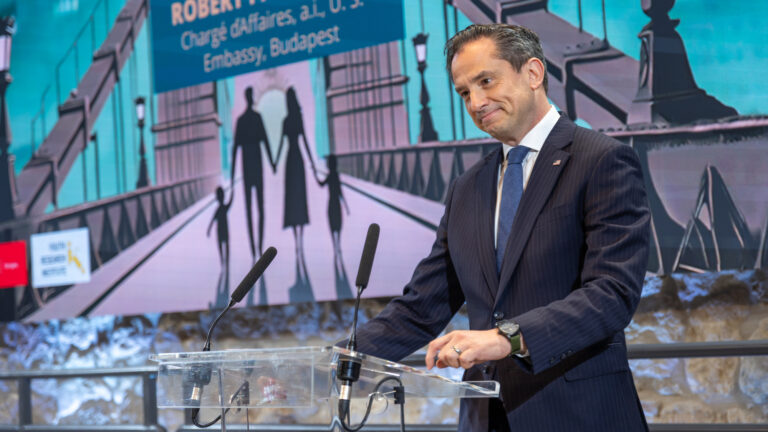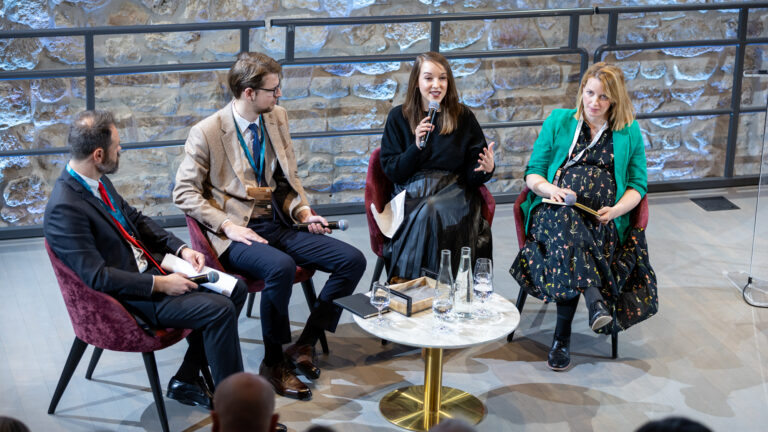Ukraine’s accession to the European Union would not merely constitute a historic political milestone, but would also mark a transformative shift in the EU’s internal structure, financial architecture, and institutional dynamics. This was the central message of a recent panel discussion jointly organized by the Hungarian Institute of International Affairs (HIIA) and the Mathias Corvinus Collegium (MCC). The event featured the presentation of a comprehensive study by HIIA researchers on the potential implications of Ukraine’s EU membership, followed by a thought-provoking debate in which experts dissected the issue from a variety of angles.
12 Times the Current EU Budget
Opening the event, HIIA Research Fellow Péter Siklósi outlined the study’s key findings. According to the report, if Ukraine were to join the EU as a full member through an accelerated process—potentially by 2030—, the political and economic consequences would be profound. The research highlighted that voting weights, resource distribution, and power dynamics within the Union would be dramatically reshaped. ‘In terms of population, Ukraine would immediately become one of the EU’s largest member states. This alone would trigger a major reconfiguration within EU institutions such as the Council and the European Parliament,’ Siklósi noted.
The study estimated the total cost of Ukraine’s accession to reach nearly €2,500 billion over five years—more than 12 times the EU’s current annual budget. Hungary’s estimated contribution would stand at approximately €48 billion. ‘This translates to four million forints per employed Hungarian over five years,’ the presentation emphasized. The agricultural sector, in particular, would bear the brunt of the impact: subsidies from the Common Agricultural Policy would shrink considerably, with Hungarian farmers potentially facing annual losses in the millions of forints.
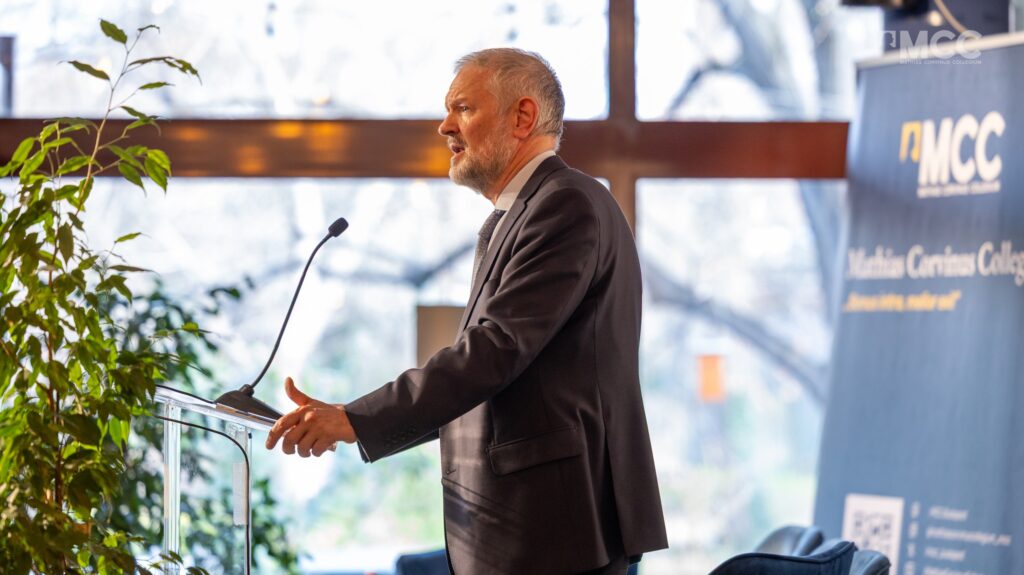
We’ve Been There Before: The Case of Cyprus
Speakers unanimously agreed that Ukraine’s prospective membership cannot be viewed in isolation from the ongoing war. ‘In essence, we are trying to put on shoes while wearing neither trousers nor socks,’ quipped moderator of the panel and HIIA Research Fellow Sándor Seremet, encapsulating the premature nature of the debate.
Security Policy Expert at the John Lukacs Institute of the University of Public Service Attila Demkó expressed scepticism about a near-term resolution to the war. He argued that Russia currently has no interest in freezing the conflict, while Ukraine’s capacity to continue fighting is highly contingent on sustained Western support. ‘Many Western analysts believe that late 2025 or early 2026 may mark the tipping point for Ukraine’s endurance,’ he observed.
‘Cyprus joined the EU despite a frozen conflict, but the situation was far more manageable’
While a peace deal may remain out of reach, Demkó suggested that a ceasefire might be feasible—particularly if the United States steps in as a mediator. Still, he warned that post-war Ukraine would likely face significant internal instability, psychological scars, and widespread availability of arms—factors that pose long-term security risks.
Demkó pointed to Cyprus as a precedent—albeit an imperfect one. ‘Cyprus joined the EU despite a frozen conflict, but the situation was far more manageable. In Ukraine’s case, I don’t see the kind of calm, stabilizing moment within the next five to ten years that would permit accession. That is the danger: that the EU risks drifting into wishful thinking,’ he warned.
Tearing EU Apart from Within
Turning to economic considerations, MCC Senior Researcher Réka Zsuzsanna Máthé stressed that Ukraine’s economy is ill-equipped to compete within the single market, and its convergence would require significantly more resources than any previous enlargement. She reminded the audience that Poland received around €12 billion in cohesion funds upon joining the EU, while Ukraine’s needs could soar as high as €1 trillion. ‘The political will may exist, but in the EU’s current financial climate, it remains uncertain where such vast resources would come from,’ she remarked.
According to Siklósi, a fast-tracked accession would ultimately serve Russian interests. ‘It’s telling that while Russia fiercely opposes Ukraine’s NATO membership, it voices no serious objection to EU membership. Moscow sees clearly what a strategic misstep this would be for Europe. Weakening the EU is in their interest—and Ukraine’s accession would hand them the perfect opportunity,’ he argued. In his view, such a move would unleash a level of institutional and political strain that the Union may not be able to withstand.
‘Moscow sees clearly what a strategic misstep this would be for Europe’
HIIA Presidential Adviser Ákos Mernyei underscored the legal complexities of enlargement. He stressed that membership is not merely a matter of political resolve but requires a highly technical and time-consuming legal harmonization process. ‘Accession doesn’t take years because Brussels is slow, but because the EU’s legal corpus is vast and each chapter must be meticulously aligned with national legislation,’ he explained.
Ukraine Deserves Support
In the closing segment, the panellists concurred that while sustained support for Ukraine remains essential, full and fast-track EU membership cannot be the only path forward. As Siklósi bluntly put it: ‘Membership, in my opinion, is unrealistic—because it is unfeasible. The form of support is worth discussing, but not at the expense of full membership.’ Demkó agreed that long-term accession is not impossible, but only via a standard, merit-based process. Mernyei added that, under current circumstances, ‘the EU is attempting to help with an inadequate tool’, warning that ‘if Ukraine is brought in this way, we are importing the problem.’
The conference delivered a clear conclusion: support for Ukraine must be grounded in realism. The EU must identify alternative means of assisting Ukraine’s stabilization and long-term development—solutions that bolster Kyiv without endangering the Union’s own cohesion and institutional integrity.
Related articles:

